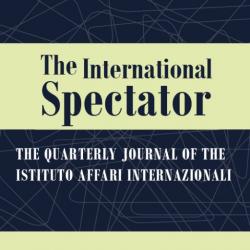The GCC Monarchies: Perceptions of the Iranian Threat amid Shifting Geopolitics

The systemic shift triggered by a progressive retrenchment of the United States (US) from the wider Middle East region has been a fundamental game changer in the security perceptions of the Gulf Cooperation Council (GCC) monarchies. The retrenchment activated a security dilemma in US-GCC relations, especially in relation to their view of Iran. However, the impact was uneven. While the dilemma triggered fears of abandonment in the three more hawkish players – Saudi Arabia, the UAE and Bahrain –, it generated fears of entrapment in the three less hawkish players – Oman, Kuwait and Qatar. The key differences between these two camps lie on their threat perceptions. Seemingly shaped by state ideology and religion, narratives of identity, socio-political demography and, finally, leadership cognition, these fears interact with domestic factors such as structural vulnerabilities, to affect the perception of Iran as an existential or non-existential risk.
Keywords: GCC foreign policy, GCC threat perceptions, Iran, US geopolitics
-
Dati bibliografici
The International Spectator, Vol. 55, No. 2, June 2020, p. 92-107 -
Numero
55/2 -
ISBN/ISSN/DOI:
10.1080/03932729.2020.1742505



